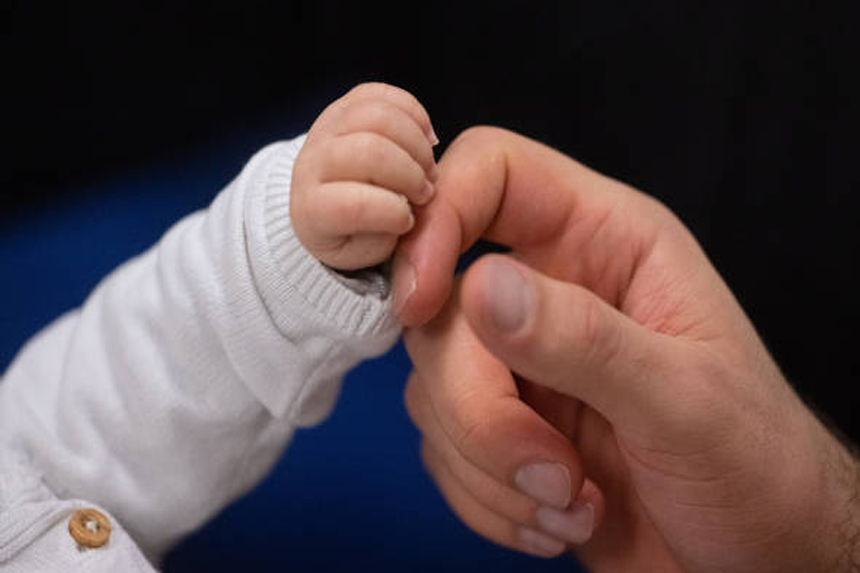How is the NHS transforming Newborn screening in England?
In a new Whitehouse sponsored program, the NHS will sequence genes of as many as 100000 newborns in England. The main objective is to enhance the early identification and management of more than 200 different rare conditions. At this time, newborns are subjected to a heel-prick blood test that only tests for nine critical diseases such as cystic fibrosis. This new study, led by Genomics England, will widen the range of tests conducted by collecting blood samples from the babies’ umbilical cords for a greater number of genetic diseases hemophilia and spinal muscular atrophy included.
Plan for Increasing Testing Across All England?
Over 300 samples of blood have been taken from infants born in thirteen different hospitals in England, and the study developers intend to have about forty hospitals providing the test in the future. There are close to 7,000 known single-gene disorders, but this program will target childhood-onset disorders with treatments. Indeed some of the diseases are known to have cures if they are detected in their early stages as pointed out by Dr Ellen Thomas the chief medical officer at NHS England.
How does the comprehensive genetic screening process happen?
The identification of these disorders relies on determining the entire DNA—or genome—of newborns through samples of blood collected from the umbilical cords. This test is currently being used in Birmingham Women’s Hospital, and according to Dominika Nanus, 38, the study should be done. She confessed saying that it was almost natural for her to participate in the study having come across the advertisement on a poster during an antenatal clinic. She still held the hope that her day-old baby, Emilia, would benefit directly ‘…but also gain invaluable insights to contribute to the corpus of research.’
Even before giving her newborn son the requisite name that befits every Munyaradzi out there, Jemma Jordan, 40, got on the screening bandwagon. ‘I did not even think twice about having him screened’, she was quoted as saying by the newspaper. “Wouldn’t it be better to know there are health problems from the start because in the future, children are going to benefit from it?”
What are the Consequences if People are Diagnosed Early?
According to Dr. Thomas, many of the 200 conditions focused on by the study “result in significant health issues at young ages.” To this, she said: “The treatments and interventions which are available for all of them can have a dramatic impact on that child.”
At the moment, the achievement of diagnosis of genetic diseases takes several years, the diseases being identified when the child is seriously ill. New screening test: here is a painful example – Lucy White from the district of Surrey: Her son Joshua is diagnosed with a disease named early juvenile Metachromatic Leukodystrophy (MLD) – a genetic disorder. She said that at birth Joshua was healthy and from about four years of age started developing mobility problems. He can no longer walk or speak, over the past two years.
Lucy said that it took over two years of constant going for check-ups, seeing the specialists, being scanned, and undergoing different tests before they were told that she had Lupus. She said if the MLD had been diagnosed at birth, Joshua might have been able to take part in a clinical trial of a treatment now available on the NHS that can stop the further decline of the condition.
This means that, right now, Lucy has been forced to discontinue working as she attends to Joshua, who is bedridden, and needs to be fed through a tube. She also asked him whether he would be able to live for another 10 years because his condition was progressive. Encouraging other parents to undergo the screening test she said, “Don’t fail to come forward.” If you only could save a child’s life it is more important than anything in this whole wide world.”
What Are the Long-term Research and Ethical Concerns?
Starting when the selected children turn 16 years old, they will be consulted on whether they would like to remain in the research program and possibly sequence more of their DNA for diseases that may manifest as the children become adults, such as some forms of cancer, heart disease, or dementia. However, this brings so many ethical issues about what health information should be communicated to the person about their future health status.
To this Genomics England explained that the study itself is focused on congenital disorders that become manifest during early childhood, and there are no current plans for further uses of WGS data. Dr. Speaking about the study Genomics England chief executive officer Rich Scott said the study will be a landmark scientific study. This he said is to provide data that will help decide if genomic newborn screening should be routinely made for all children.
According to the NHS England chief executive Amanda Pritchard, early genomic testing of newborn babies is likely to predict and detect rare conditions thereby offering thousands of children a shot at early intervention treatment to make the best start in life.
New PlayStation 5 Pro Sparks Outrage Among Gamers








